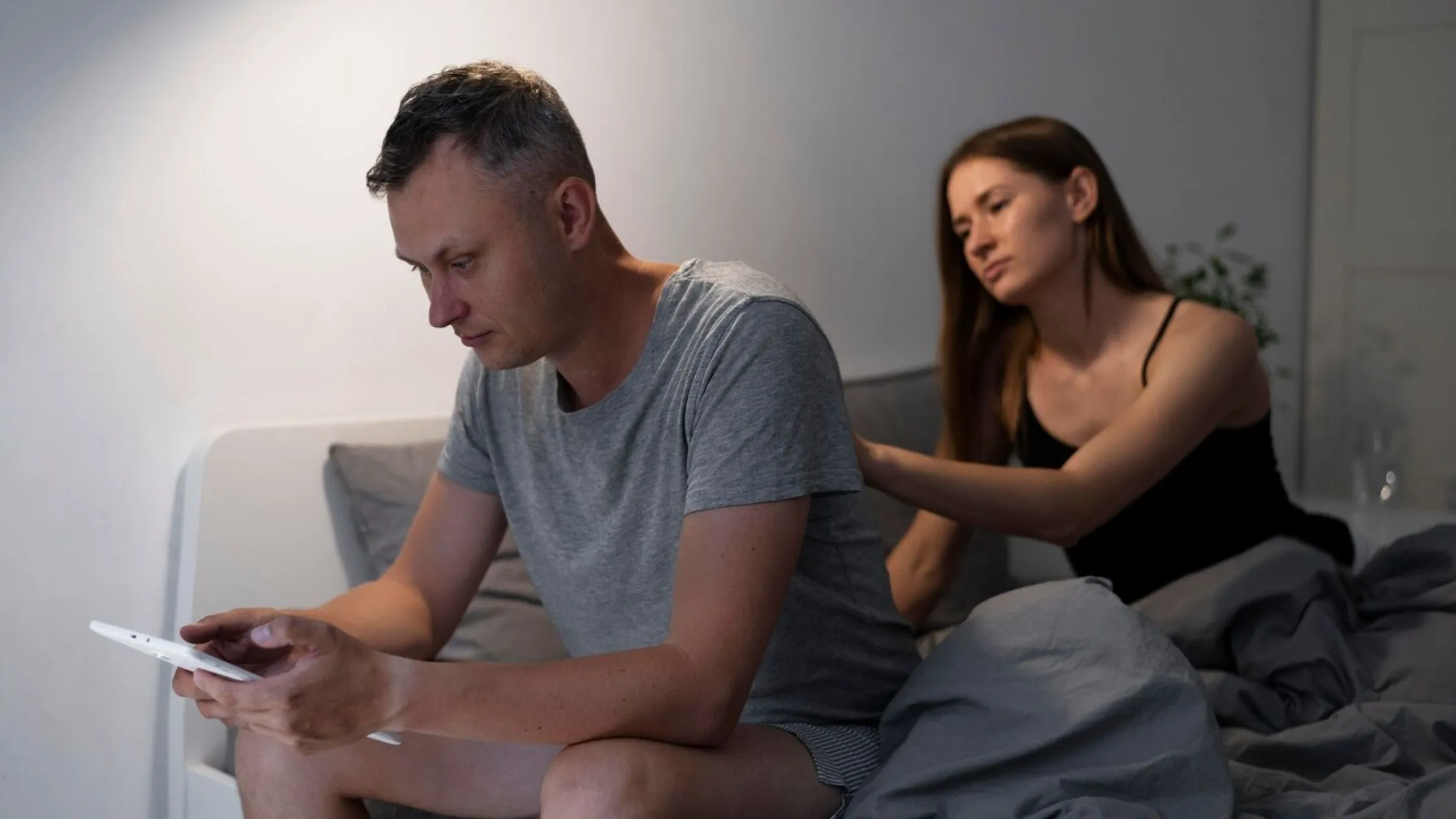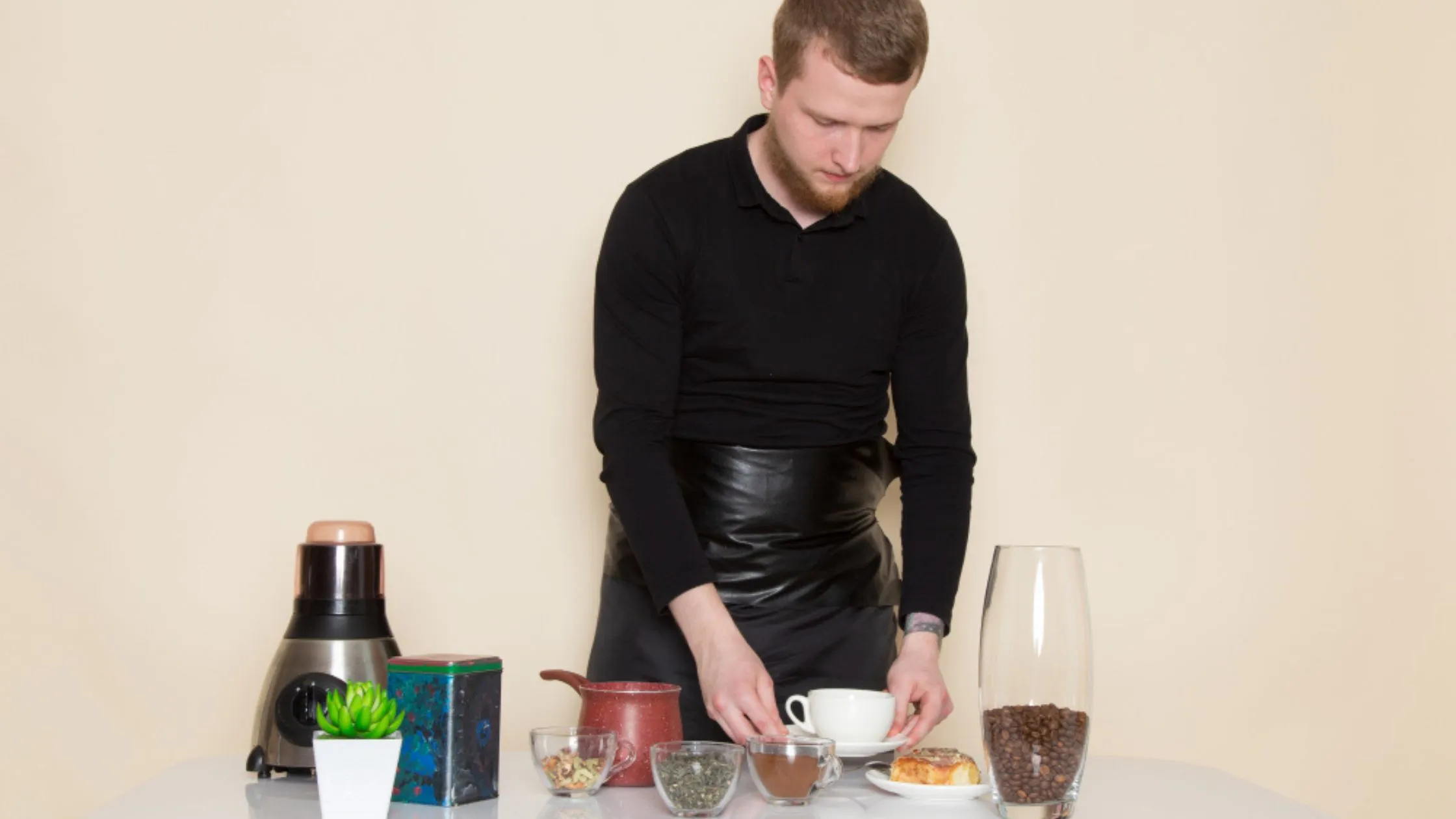How to Help Someone With a Porn Addiction and Why It is Important?

Learning how to help someone with a porn addiction is very essential. Watch out for signs that they could be addicted, talk to them frankly and convince them to seek help from a professional. Establish clear limits, discuss various treatment approaches, and keep checking in. Never let them be ashamed, learn more about porn addiction. Assist them with other problems that might arise, be patient and keep a track of how they do. Absolutely, be there for them without judging them. That’s the only way for him to fight a porn addiction.
Understanding Porn Addiction
Porn addiction happens when someone can’t control how much they use porn. This can cause problems in their life. Things like changes in the brain, how easy it is to find porn, mental health issues, and past experiences can all contribute to porn addiction. It can really mess up how people see sex and relationships. It can make it hard to be close to someone, talk openly, and trust each other. It can also make people feel bad about themselves, anxious, and cause problems with sex. It might even make someone act mean or want to be alone more. Therefore, it is necessary to learn ‘how to help someone with a porn addiction’.
Recognizing the Signs of Porn Addiction
Indications of porn addiction are watching too much of it, lying about how much they watch, getting mad and defensive if we ask them about it and being unable to stop even if it causes problems. The others are a feeling of pain, financial trouble, thinking that people should look perfect, and the problem with relationships. An addiction to porn makes people feel really sad, ashamed, and alone. It’s essential that they talk to a professional and join online communities related to ‘how to help someone with a porn addiction’.
How to Help Someone With a Porn Addiction
Communicating with the Individual
Find a private spot for your conversation that’s free of interruptions and tell them you’re not out to judge. Instead of just listening, make them feel good to know that they can talk to you. Don’t make them feel ashamed, ask them to see a professional and let them know that you would be there to assist them. Set clear boundaries and stick to them, and propose interventions like therapy or support groups. Try and learn about porn addiction so that you can get an idea of what they are going through. It’s also great to get tips from specialists as you assist them.

Educating Yourself
This means knowing about the signs and symptoms of porn addiction, how it affects people and relationships, and the best ways to help. When you educate yourself, you can understand with care and knowledge, without making the person feel bad, and offer helpful support without judging. Finding out about treatments, therapies, and support groups can help you steer the person in the right direction for help.
Encouraging Professional Help
You can help them find a therapist or counselor who knows a lot about this issue. These professionals can give good advice and support to help overcome the addiction. They won’t judge and will listen carefully to what the person has to say, making a plan that fits them best.
Creating a Supportive Environment
Doing other things together can help keep their mind off porn. If you’re their family or friend, checking in on them every day is a big deal. Talking openly and calmly is the best way to help them realize they have a problem and get motivated to change. It’s also a good idea to get professional help and make sure their home is a supportive place. It’s important to deal with any porn they have access to and talk about feelings at home. Forgiveness and counseling can also make a big difference.
Exploring Treatment Options
This might mean setting goals like removing bookmarks and using special software to block porn. Going to therapy or joining support groups can also help. It’s important not to make the person feel bad, but instead to be understanding and helpful. Getting help from professionals, setting clear rules, and promoting healthy habits and relationships are very important too. Keeping communication open and being supportive during their recovery journey are key ways to help someone with a porn addiction.
Supporting Relapse Prevention
Helping someone with a porn addiction stay on track means making sure they have lots of support, doing things that are good for their health, and watching out for things that might make them want to go back to watching porn. This can include setting clear rules, talking openly about their feelings, and going to therapy or support meetings regularly. Learning about addiction and being there for them with understanding and encouragement is really important too. Getting help from experts and being ready to change how you support them if necessary are also really important parts of stopping them from relapsing.
Involving Family and Friends
Talking to them about it can help them get better. Make sure to pick a good time and place to talk about it, and see how they feel about it. If they’re ready, you can plan a meeting with other family and friends to support them. But if they’re not ready yet, it’s okay to wait. Talking about it with too many people at once might make them feel really stressed and defensive.
Patience and Understanding
Being patient and understanding is really important when you’re searching ‘how to help someone with a porn addiction’. It’s good to have reasonable hopes, be happy about small wins, and talk openly. Always tell the truth and get help from experts. By being patient and understanding, you can help make a safe place for them to get better.
Monitoring Progress
Besides getting to ‘how to help someone with a porn addiction’, watching how someone gets better from watching too many adult videos is a big part of helping them. This means talking with them often, seeing if they’re doing anything that might make them start again, and making sure they’re feeling okay emotionally and mentally. It’s also important to keep telling them to go to therapy or support groups, and to change how we help them if we need to. Putting special software on their devices and deciding when they can use them can also help us check on them and support them.





